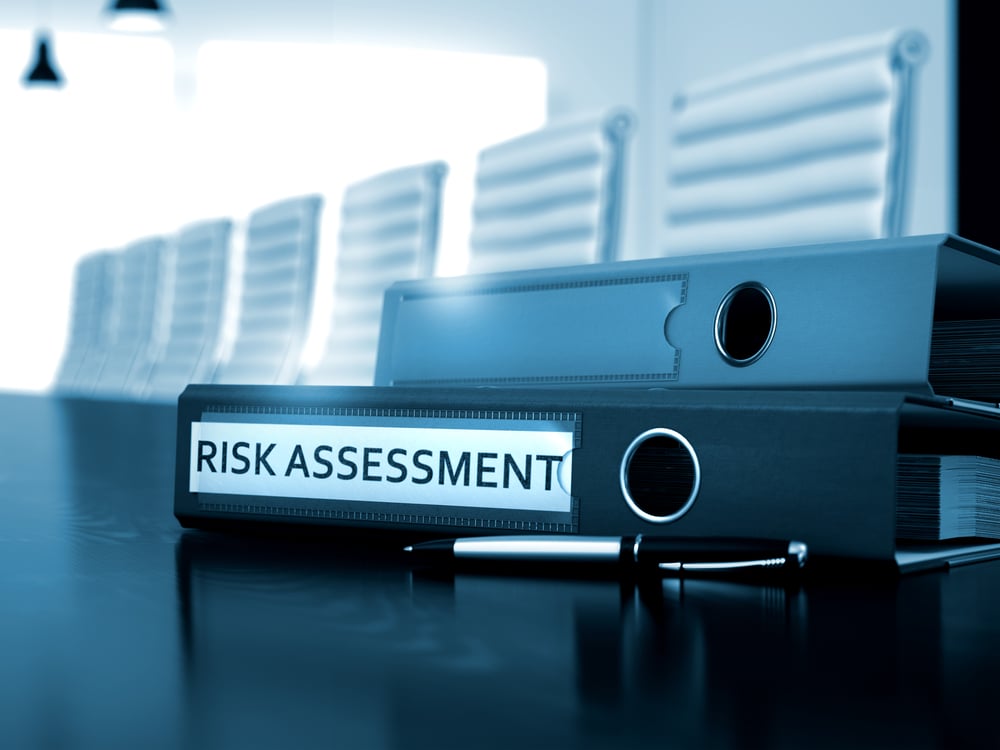4 min read

In the ever-evolving landscape of the mortgage industry, a variety of lending products cater to the diverse needs of borrowers. Among these, Non-Qualified Mortgages (NonQM) stand out as a significant category, designed to offer flexibility and options for those who don't fit the traditional lending criteria. This blog post delves into the intricacies of NonQM loans, exploring what they are, who they're for, and the types of mortgages that fall under this category.
What is a Non-Qualified Mortgage (NonQM)?
A Non-Qualified Mortgage (NonQM) is a type of mortgage that does not meet the strict consumer protection criteria set forth by the Dodd-Frank Wall Street Reform and Consumer Protection Act. This act established guidelines for Qualified Mortgages (QM), which include certain borrower protections like prohibitions against risky loan features (e.g., negative amortization, interest-only loans) and a cap on points and fees. NonQM loans, by contrast, are not bound by these restrictions, offering lenders and borrowers more flexibility.
NonQM loans are designed to serve potential homeowners who are unable to qualify for traditional mortgages due to their unique financial situations. This includes self-employed individuals, those with irregular income, or borrowers with higher debt-to-income ratios than what is typically allowed under QM guidelines.
Types of Non-Qualified Mortgages
NonQM loans encompass a wide range of mortgage products tailored to meet the needs of various borrowers. Here are some of the most common types:
1. Bank Statement Loans
Bank statement loans are a popular option for self-employed borrowers or those with freelance income. Instead of requiring traditional W-2 forms or tax returns, lenders evaluate personal or business bank statements from the past 12 to 24 months to assess the borrower's income and ability to repay the loan.
2. Asset-Based Loans
Asset-based loans allow borrowers to leverage their liquid assets, such as savings accounts, stocks, or bonds, to qualify for a mortgage. Lenders calculate the potential income these assets could generate over time, using it as a basis for loan approval rather than traditional income verification.
3. Interest-Only Loans
Interest-only loans enable borrowers to pay only the interest on the mortgage for a set period, usually 5 to 10 years. After this period, the loan reverts to a standard amortizing loan where payments include both principal and interest. This type of loan can be beneficial for borrowers expecting a future increase in income.
4. DSCR (Debt Service Coverage Ratio) Loans
DSCR loans are primarily used for investment properties. Lenders evaluate the property's income-generating potential and its ability to cover the mortgage payments. The focus is on the cash flow of the property rather than the personal income of the investor.
5. Jumbo Loans
Jumbo loans exceed the conforming loan limits set by Fannie Mae and Freddie Mac. Because they do not conform to these limits, many jumbo loans are considered NonQM. They are often used to purchase high-value properties.
6. Foreign National Loans
Foreign national loans cater to non-U.S. citizens looking to purchase property in the United States. These loans typically require higher down payments and may have higher interest rates due to the perceived increased risk.
7. Non-Prime Loans
Non-prime loans are designed for borrowers with less-than-perfect credit histories. While they offer an opportunity for homeownership, they often come with higher interest rates and fees to compensate for the increased risk to the lender.

The Appeal of NonQM Loans
NonQM loans offer several advantages that make them appealing to a broad spectrum of borrowers:
- Flexibility in Income Verification: They provide alternatives for proving income, which is particularly beneficial for self-employed individuals or those with non-traditional income sources.
- Opportunity for Homeownership: NonQM loans open the door to homeownership for those who might be excluded by traditional lending standards.
- Customization: These loans offer a variety of products that can be tailored to meet specific financial situations and goals.
Considerations and Risks
While NonQM loans offer flexibility and access to credit, they also come with considerations and risks that borrowers should be aware of:
- Higher Costs: NonQM loans often have higher interest rates and fees compared to QM loans, reflecting the increased risk taken on by the lender.
- Regulatory Environment: The regulatory landscape for NonQM loans is subject to change, which could affect the availability and terms of these loans.
- Financial Responsibility: Borrowers must carefully assess their ability to repay a NonQM loan, especially those with adjustable rates or interest-only periods.
Conclusion
Non-Qualified Mortgages provide a vital pathway to homeownership for many borrowers who fall outside the traditional lending criteria. By understanding the various types of NonQM loans available and their respective benefits and risks, borrowers can make informed decisions that align with their financial situations and homeownership goals. Whether you're a self-employed individual, a foreign national, or someone with a unique financial scenario, NonQM loans offer the flexibility and opportunity to secure a mortgage that fits your needs. As with any financial decision, it's crucial to consult with a financial advisor or mortgage professional to explore the best options for your circumstances.
Table of Content

Take your pick of loans
Experience a clear, stress-free loan process with personalized service and expert guidance.
Get a quote


